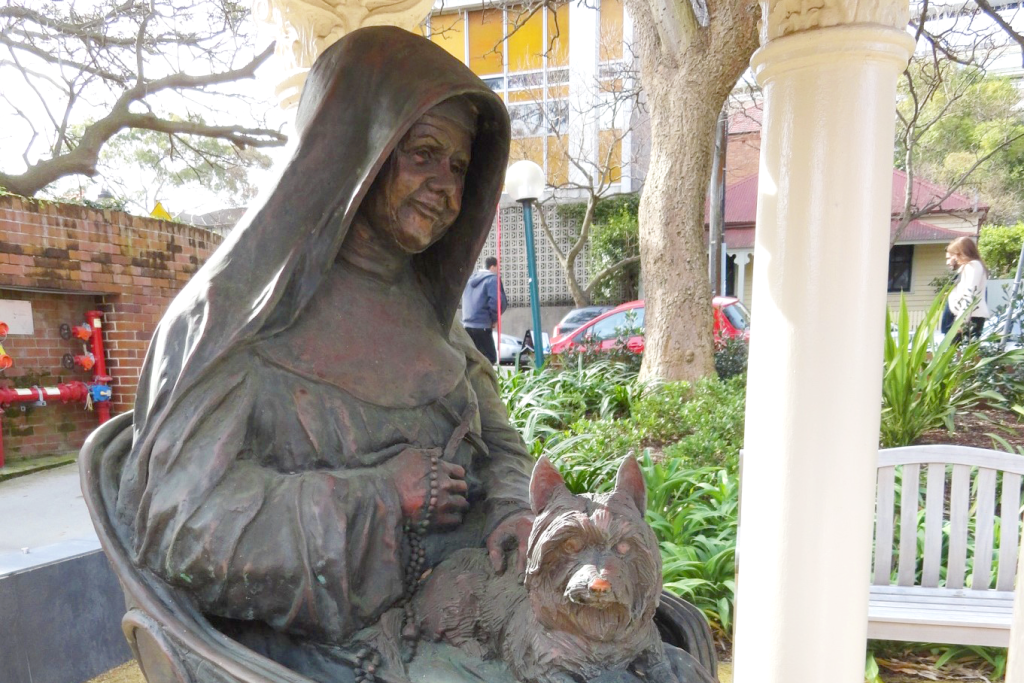
Recently I have heard our culture described as being ‘crippled with emotion and needing intensive care for hope’. There are many types of illness including, physical, emotional and psychological, pervading the environs that we mix in.
We commemorate the World Day of the Sick on 11 February. Pope Francis in his pastoral letter for this day writes:
Sisters Victor Lane and Monica Phillips inform us – If Mother thinks others are afraid of her condition she loses heart altogether… you know how any disappointment crushes her and when she does let her spirit go down it is very hard to get it up. Her attempt to write with her left hand failed so she tried to type her letters. She appreciated the visits of the sisters and friends, enjoyed recreations with the novices and expressed her disappointment when sisters were at the convent but failed to pay her a visit again. (Researched article by Margaret McKenna rsj)
Pain and illness eventually denied Mary any travel and Alma Cottage North Sydney became her permanent residence for four years.
Some of us may have experienced the hardships and denials that sickness can bring. Many of us, particularly the elderly and those in care, have witnessed the many difficulties endured by sickness of every kind. While experiencing a certain measure of independence, we recognise that they live with the very inconveniences that Mary suffered, loneliness, disappointments, fragility, inability to come and go as they please and often a lack of hope.
Mary, while demonstrating that she was fragile, was grounded in her faith and her belief that God is a caring God who was very close to her and sustained her each day in her struggle.
Reflection
- What have you noticed when reading this vignette about Mary’s illness?
- All forms of illness beg us to respond with care and compassion. Is there someone in your family or community to whom you could reach out and to bring hope and encouragement?
- Covid has left a train of loneliness and a sense of hopelessness for many. Ask Mary for the strength and courage to continue walking the journey in love.
Read Pope Francis’ full 30th World Day of the Sick 2022 message here
Michele Shipperley rsj
